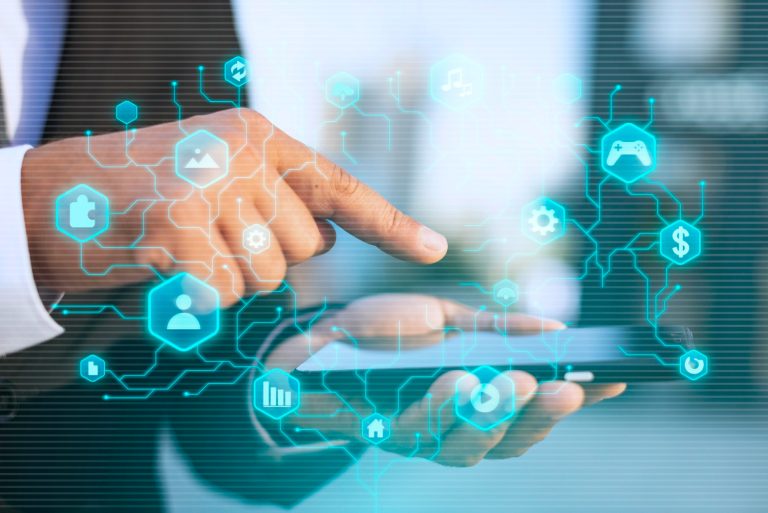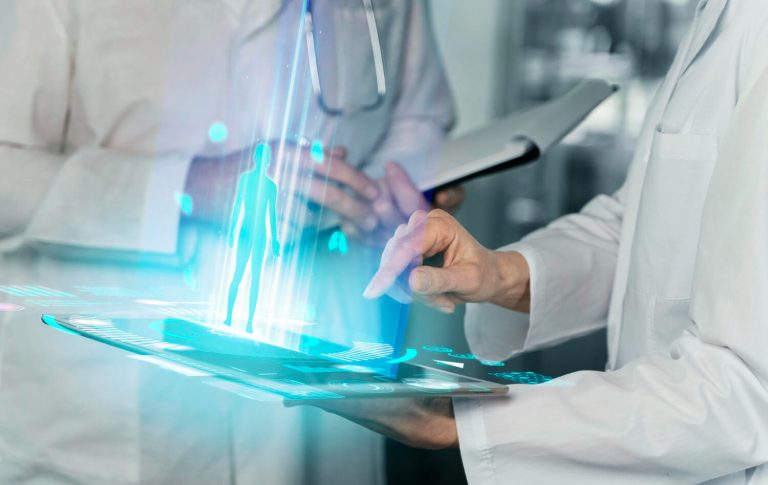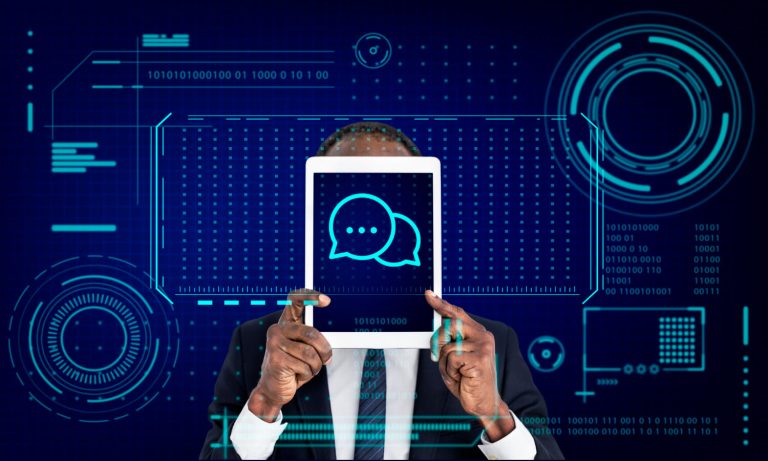Computer Vision
Our computer vision solutions offer cutting-edge applications in security systems, autonomous vehicles, medical image analysis, facial identification, and manufacturing quality control.
Elevate Your Business With Our Computer Vision Service
Take your business to new heights with our Computer Vision Services. Our expertise in computer vision applications will transform your operations and unlock hidden potential.
Enhance security, streamline processes, and boost productivity with advanced image analysis, object recognition, and motion detection.
Tailored solutions for industries like retail, fintech, healhcare, and IoT deliver accuracy and efficiency. Experience the transformative impact of our Computer Vision Solutions and stay ahead in this era of intelligent automation.
Unlock the full potential of your business with the seamless integration of real-time computer vision. They are driving unprecedented success in the digital era.
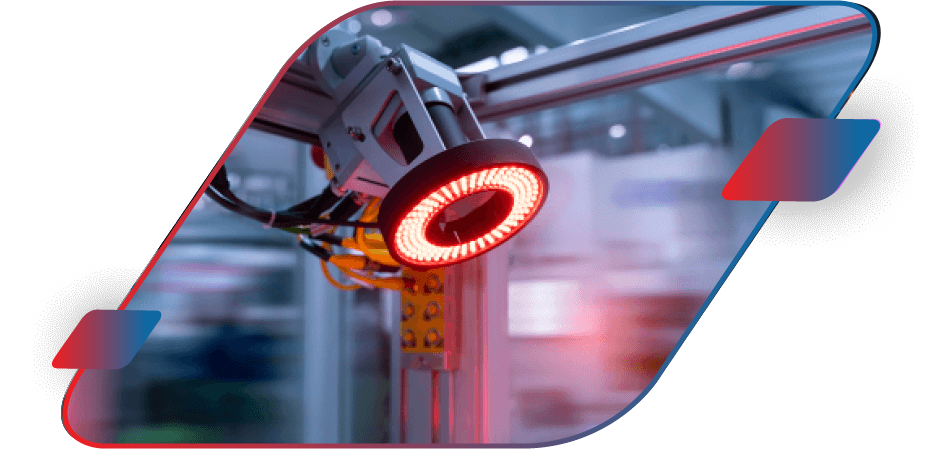
Advanced Computer Vision Services For Intelligent Automation
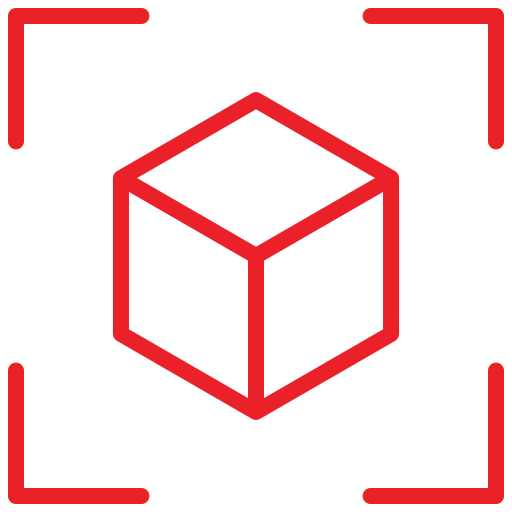
Object Detection
Our computer vision as a service offers advanced object detection capabilities. We deliver precise object and location detection by using advanced computer vision techniques. The system can swiftly process massive volumes of visual data.

Facial Recognition
Experience the power of facial recognition services. It utilizes advanced computer vision technology for precise and secure Facial Authentication in various applications. It can be used for multiple things, including marketing, law enforcement, and security.
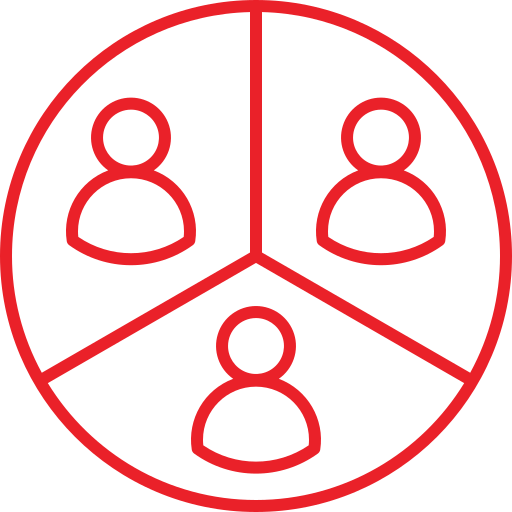
Image Segmentation
A key computer vision component is segmenting an image into functional parts or segments. This simplifies extracting helpful information and carrying out sophisticated image-processing operations.
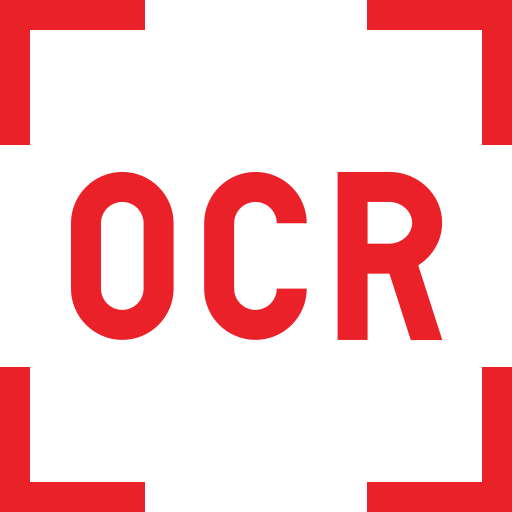
Optical Character Recognition (OCR)
Computer vision services for OCR enable text extraction from images or videos. It converts scanned documents, images, and video frames into machine-readable text. We employ deep learning techniques to analyze visual data.
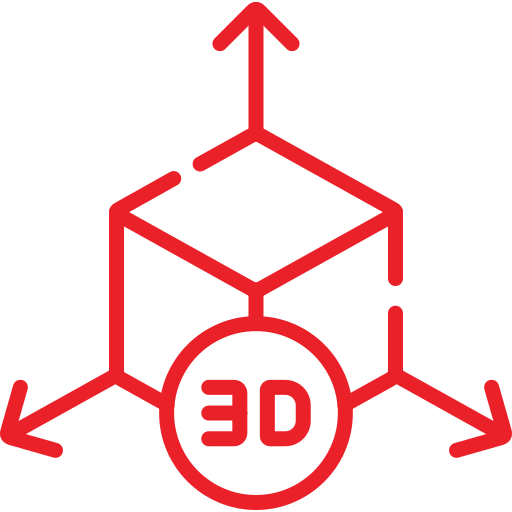
Scene Reconstruction
Scene reconstruction entails creating precise 3D models of actual surroundings using visual input. This technology can be used for various things, such as developing immersive virtual reality experiences.
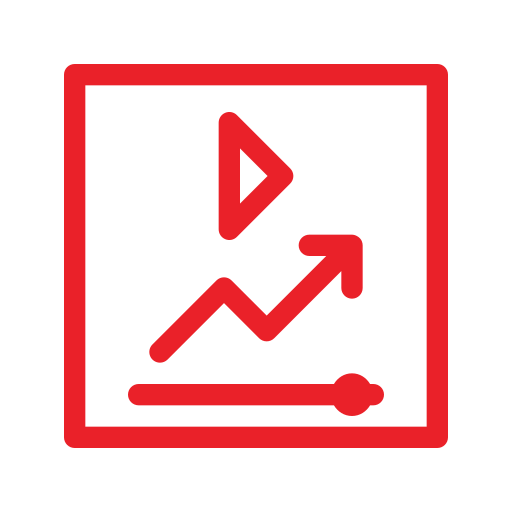
Video Analysis
Video analysis is another part of our computer vision service. It uses AI algorithms to analyze video data and extract insights and patterns. This includes activities like following the movements of objects or people.
Discover The Benefits Of Computer Vision: Key Features
Accuracy
Object detection uses computer vision techniques to identify and locate things in digital photos or videos for various applications.
Scalability
Sharp Tech IT Solution computer vision services offer scalability to handle diverse image and video data volumes, from small datasets to massive streams.
Flexibility
Our adaptable and scalable services enable customers to customize output formats, data preparation, and algorithms to suit their unique requirements.
Increase Civilian Safety
Computer vision AI can improve civilian safety by identifying and assessing a person’s activities in real time.
Top Computer Vision Platform We Use




Computer Vision Development Process
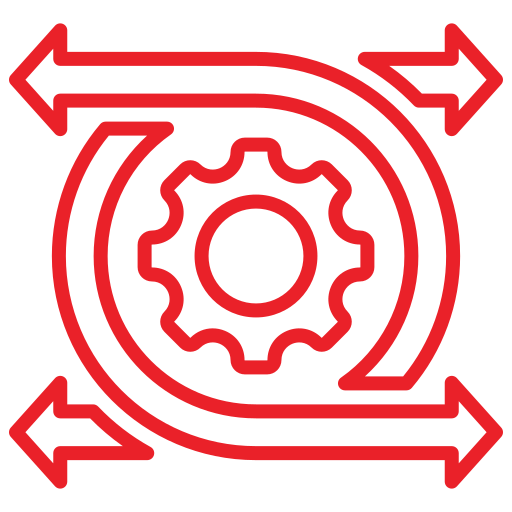
Step 1
Data Collection and Preprocessing
Developing computer vision starts with this. The data needed to train the computer vision model must be gathered and prepared. Tasks like data labeling, cleaning, and augmentation fall under this category.

Step 2
Model Development
Creating a computer vision model is the next step once the data has been gathered and preprocessed. This entails choosing the exemplary deep learning architecture and adjusting the hyperparameters to achieve the best performance.

Step 3
Model Training and Evaluation
The next step is to train the model using the preprocessed data. The model is trained by adjusting the neural network weights to minimize the error between the predicted and actual outputs.

Step 4
Deployment
The final step is to deploy the model in a production environment. It entails incorporating the model into a program or system. This ensures it can handle fresh data inputs and produce precise outputs.
Why Choose Sharp Tech IT Solution

10+ Years of Experience
Our extensive experience in AI development and implementation gives us a proven track record of success and expertise to meet your business’s AI needs.

Team of 250+ Experts
Employing over 150 individuals, we offer a broad range of skills and knowledge to support your business’s AI requirements, providing a comprehensive solution to meet your needs.
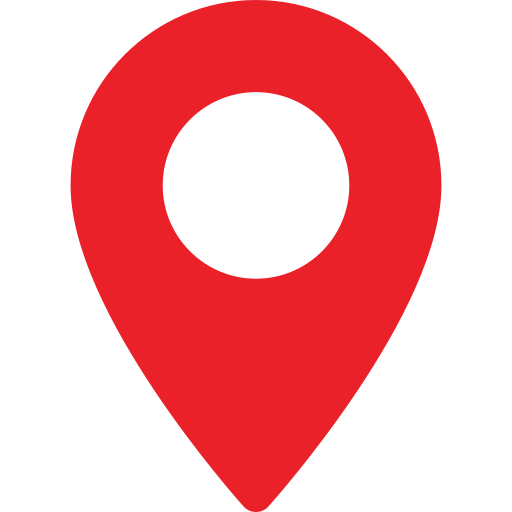
Global Presence
Our international footprint with offices in the USA, UK, and UAE allows us to offer AI solutions and support worldwide, making us an excellent choice for businesses with worldwide operations.

People Driven
We prioritize our employees’ growth and development, ensuring a dedicated and motivated team that is committed to delivering the best AI solutions for your business.
Blogs & Articles
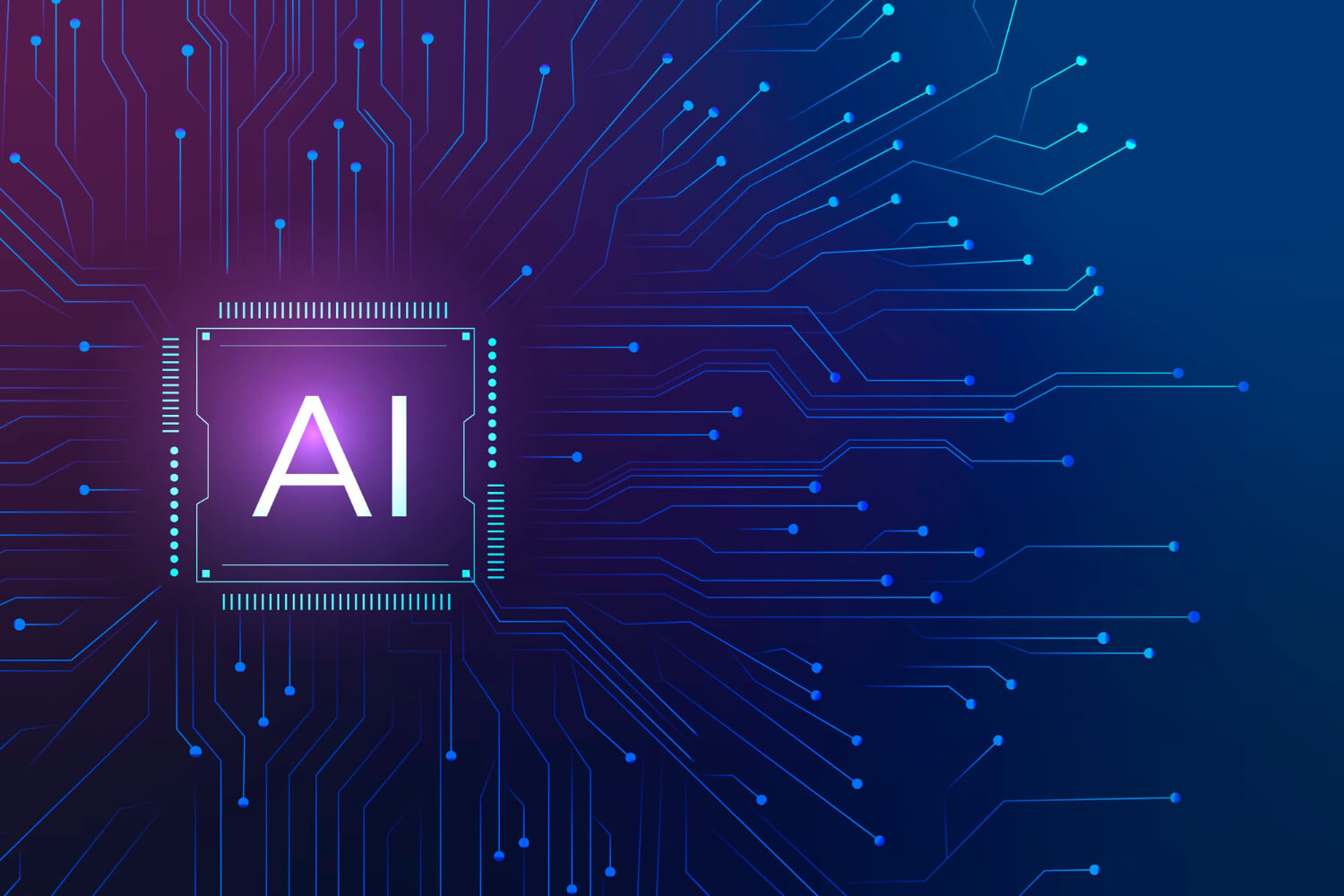
AI-Powered Solutions for Fraud Detection in Healthcare
Fraud in healthcare is a significant and growing concern, costing billions of dollars annually and compromising the quality of care
Frequently Asked Questions
Computer vision (CV) is a field of artificial intelligence that focuses on enabling computers to interpret and understand visual information from digital images or videos. It involves developing algorithms and models that can analyze, process, and extract meaningful insights from visual data, similar to how humans perceive and comprehend visual information. CV encompasses tasks such as image recognition, object detection, image segmentation, facial recognition, scene understanding, and image generation, among others. It finds applications in areas like autonomous vehicles, surveillance systems, medical imaging, robotics, augmented reality, and various industries where visual data analysis is essential.
Applying computer vision solutions offers benefits such as automation of visual tasks, improved accuracy, enhanced productivity, cost savings, increased safety and security, and enriched user experiences. It enables efficient analysis of visual data, reduces manual effort, and provides valuable insights for various industries and applications.
Machine learning is a broader field that encompasses the development of algorithms and models for learning from data, while computer vision is a subfield of machine learning that focuses specifically on analyzing and understanding visual data.
Integrating a computer vision system can bring significant value to your company. It can enhance productivity, automate visual tasks, improve accuracy and quality control, optimize processes, enable real-time monitoring and surveillance, enhance safety and security, and provide valuable insights from visual data. Computer vision systems find applications in various industries such as manufacturing, retail, healthcare, transportation, agriculture, and more. By leveraging computer vision technology, your company can gain a competitive edge, increase operational efficiency, and unlock new opportunities for innovation and growth.
Computer vision has diverse applications, including object recognition and detection in autonomous vehicles and surveillance systems, image segmentation for medical imaging and augmented reality, facial recognition for security and personalized experiences, visual inspection in manufacturing and quality control, gesture recognition for human-computer interaction, motion tracking in sports analytics and entertainment, augmented reality for gaming and visualization, and text recognition for document processing. It also finds uses in agriculture, healthcare, retail, robotics, and various industries where visual data analysis and understanding are crucial.
